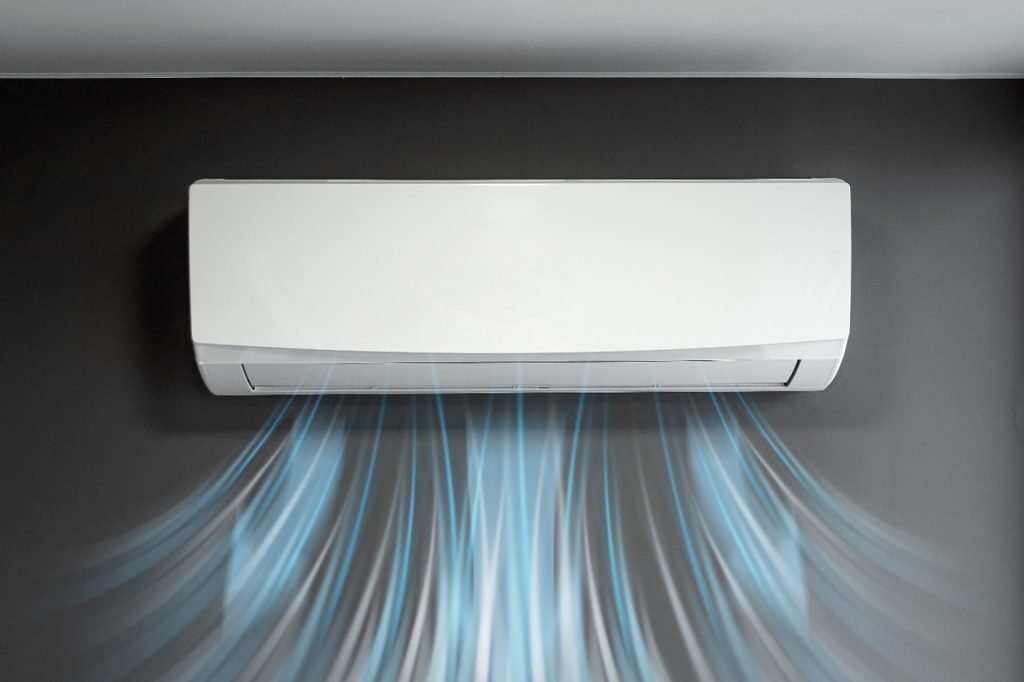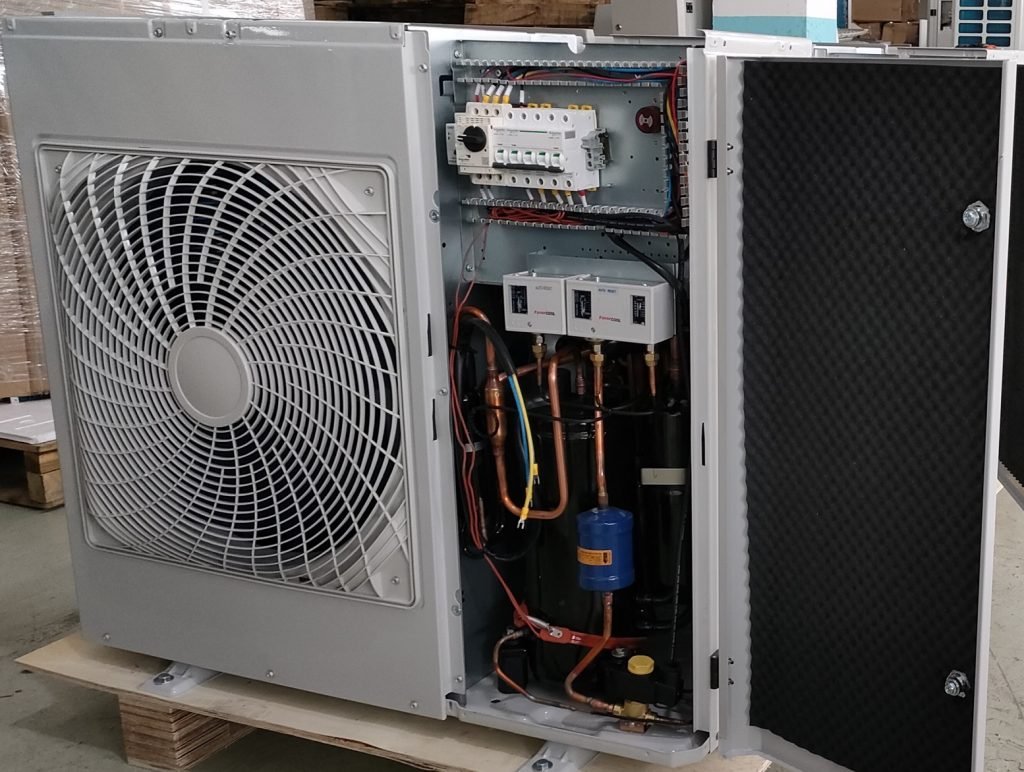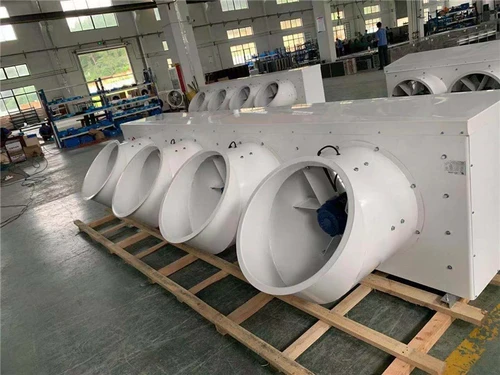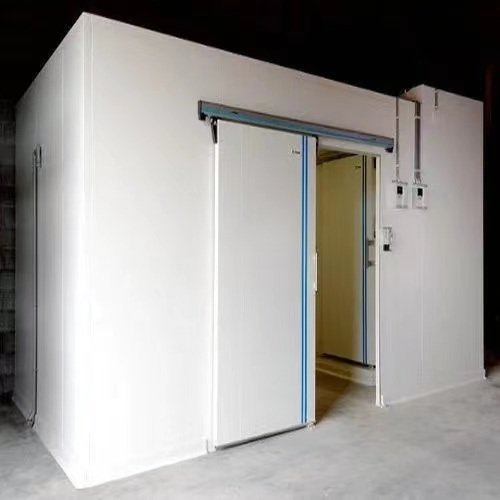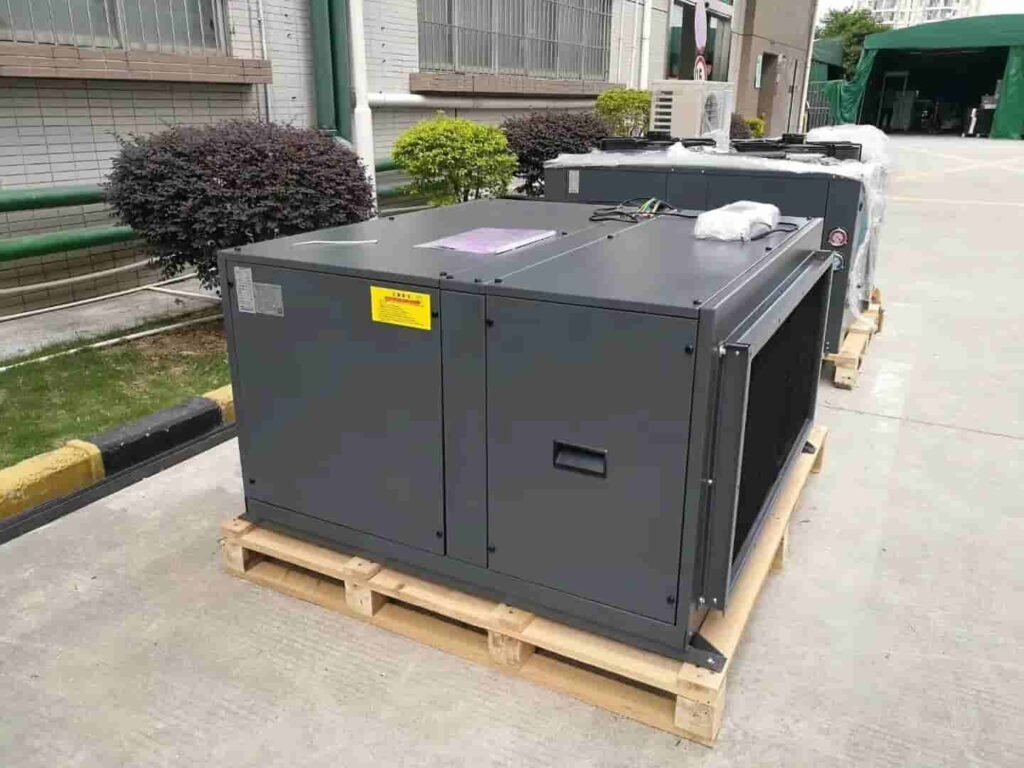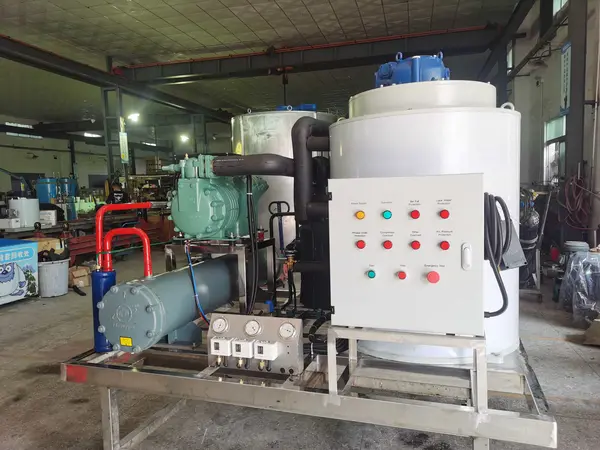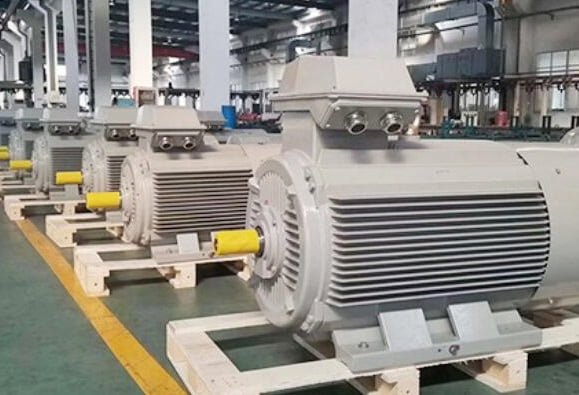People’s living conditions are improving day by day, and the requirements for the living environment are getting higher and higher.
A variety of products to improve the air environment have begun to appear in the public view, such as air purifier, dehumidifier, and so on.
Both air purifier and dehumidifier can improve air quality, so do they both have the same functions? What is the difference?
Let’s take a look at their comparison.
Difference
Working Principle is Different
Air purifier: Using the filtration principle, the fan inhales indoor polluted air into the machine, and the fine particles and odors in the air are filtered out in the process of purification and adsorption of the filter device to release fresh and healthy air.
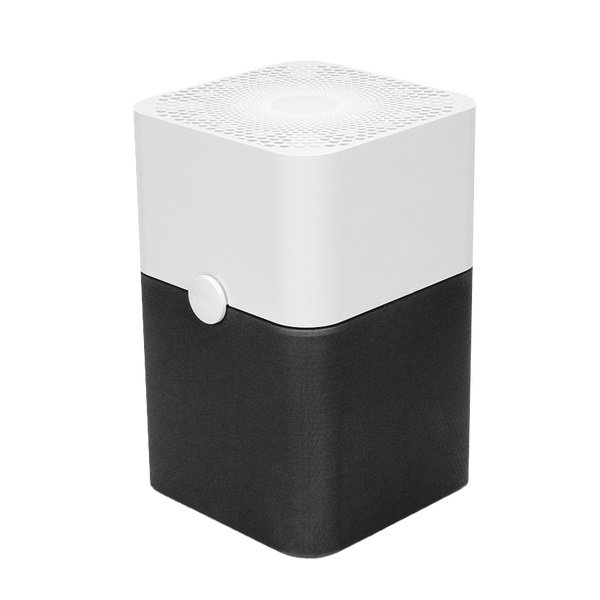
Air purifier
Dehumidifier: Using the principle of compressor condensation, the fan inhales indoor air into the machine, and the compressor in the fuselage condenses the water steam in the air into water, then discharged the water into the (water) tank, thus reducing the humidity in the room.
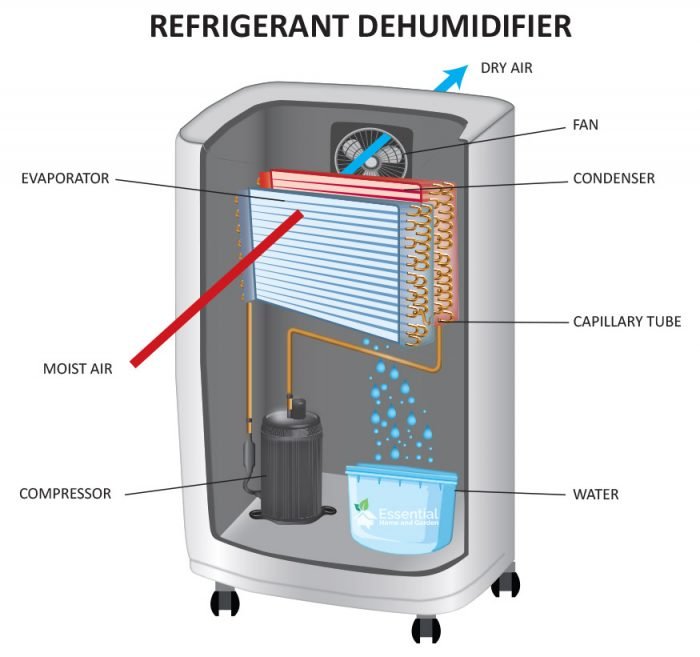
Dehumidifier
Different Functions
Air purifier: Mainly used to purify indoor air and keep indoor breathing healthy under severe pollution.
It can purify formaldehyde, odor, dust, secondhand smoke, bacteria, mold, pollen, and so on.
Some air purifiers have negative-ion function and fog-free humidification function.
Dehumidifier: Mainly used to reduce or constant indoor air humidity, which can regulate air humidity within a certain range, and alleviate the damp walls (on the rainy season), slippery floor, and moldy furniture, etc.
In addition, there are drying clothes, negative ion purification, and other additional functions.
Purification Effect is Different
Air purifier: It can filter the toxic and harmful substances in the air and purify the air. Especially is good for families with elderly people and children, meanwhile to reduce the incidence of respiratory diseases.
Dehumidifier used to absorb part of the moisture in the room air, plays a role in reducing humidity, and can not purify the air.
Dehumidifier: Just reduce the indoor air humidity, although has some air purification functions, but the effect is not very obvious.
Only for some simple hair and large particles of dust to intercept, the purification effect can not compare with the air purifier.
Same
Both can relieve allergic symptoms
If you have already done your best to relieve your allergies (dust, clean and vacuum regularly, take your pet out of the bedroom, avoid being outdoors during the allergy season, and take appropriate allergy medication), and still can’t beat your allergies, try our advice: use air purifier or dehumidifier, both of which can relieve allergies.
But when it comes to relieving allergies, the two are different:
1. Air purifiers capture smoke, pollen, dust mites, and other allergens then recycle clean air into the room.
2. The dehumidifier removes water from the air, making it difficult for molds, and dust mites to survive or grow to relieve allergies.
Difference analysis
1) Air purifier for anti-allergy
If your allergies are vomited by dust mites, pollen, and pet hair, the air purifier may help.
Air purifier can filter these irritants (often airborne), leaving cleaner air to breathe.
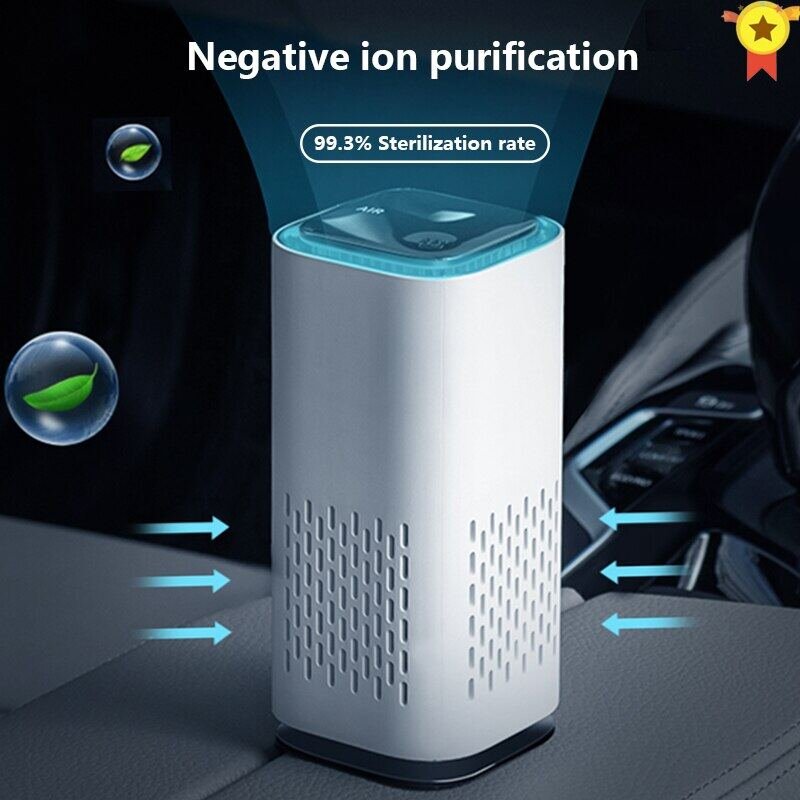
Air purifier
Advantages
1. Can remove all allergens suspended in the air.
2. Small, portable, convenient, and cheap.
Disadvantages
Although air filtration is medically recommended for allergic patients, it is not a solution indeed.
Because:
1. Irritants such as pet hair and pollen can fall on the floor and stick to the furniture, where air purifiers are inaccessible.
2. When using an air purifier, you still need to take measures to reduce irritation at home, including regular cleaning, vacuum, and dust removal.
3. Air filtration is not timely, and depending on capacity and fan size, most air purifiers take 15-20 minutes to clean the air in a room, that is a long time actually.
4. Can not control humidity and the growth/existence of molds, dust mites, etc.
5. Strict maintenance, cleaning, and filter replacement are required.
6. Some models emit ozone, which may be irritating to the lungs.
Remember: if you are allergic to dust mites, you need to know where dust mites cover (mattresses and pillows), it is not enough to rely on air purifiers only.
2) Dehumidifier for anti-allergy
If you live in a humid or humid climate, a household dehumidifier may help. Because molds, dust mites, and other allergens grow rapidly in humid environments.
Lowering the humidity in your home (especially in basements, sinks, and narrow spaces) may prevent these allergens from thriving.
If your home smells muggy and stuffy, or if you notice condensation on the window or toilet, the dehumidifier is a suitable solution.

Dehumidifier for anti-allergy
Advantages
1. Can limit growth and cultivate moist allergens.
2. Maintenance is relatively simple and easy.
Disadvantages
1. Can cause more dry conditions that may irritate the nasal passages.
2. Mold may grow in the drainage basin, so the sink needs to clean frequently.
3. A small type of dehumidifier may easily fill up the water tank and need to dump the collected water frequently.
4. If your allergic reaction is more susceptible to infection and irritation, and can’t properly filter out the dry nasal passages of bacteria, dirt, and allergens.
Then you may need to add water to the air at home, and another product will be used: the humidifier.
How To Correctly Buy Air Purifier?
The purchase skills of air purifiers:
1. Filter material
Good filter materials (such as HEPA high-density filter materials) can absorb pollutants above 0.3 microns as high as 99.9%.
2. Purification efficiency
If the room is large, you should choose an air purifier with a large air volume. For example, for a room of 15 square meters, you should choose an air purifier with an air volume of 120 cubic meters per hour.
3. Service life
As the purifying filter becomes saturated, the adsorption capacity of the purifier will decrease, so consumers should choose a purifying filter with a re-generation function to extend its life.
4. Room layout
The air inlet and outlet of air purifier have a 360-degree circular design, and there are also unidirectional air inlets and outlets. If the product is not restricted by the room layout, you can choose a product with a circular air inlet and outlet design.
5. Demand
Choose an air purifier according to the types of pollutants which need to purify. HEPA has a strong purification function for smoke, suspended particles, bacteria, and viruses. Catalytic activated carbon has a better purification effect on peculiar smells and harmful gases.
6. After-sales service
After the purification filter fails, you need to replace it with the manufacturer, so we advise you to choose products from the supplier with perfect after-sales service.
From below video you can learn more about how to buy air purifier, what features you should pay more attention.Enjoy↓
Can Air Purifier be Dehumidified?
1. Air purifiers, there are primary filter and HEPA high-efficiency filter, water molecules are often mixed with a small part of ash, which will be intercepted by these two things.
2. There is an activated carbon filter in the air purifier because activated carbon has many micropores, mesopores, mesopores, etc., which can absorb water vapor.
Therefore, in principle, the air purifier has a somewhat reducing effect on indoor moisture. But the effect is too small.
And after the HEPA filter is wet, the ability to purify solid pollutants reduced greatly; an activated carbon filter is easy to acid after damp, while the ability to absorb odor formaldehyde decreases, and it is easier to release pollutants after saturation, resulting in secondary pollution.
If you want to dehumidify, had better buy a dehumidifier from the supplier or local wholesaler of the factory.
The core components of dehumidifier: fan motor, compressor, condenser, evaporator, especially the latter three, which are not available in the air purifier.
Can Dehumidifier Purify The Air?
A few dehumidifiers have the function of purifying air, but most of them do not have this effect.
Some manufacturers develop new dehumidifiers that DO have the effect of purifying the air, added with activated carbon filter, which can effectively absorb dust, smoke, pollen, and peculiar smell, so effectively create a refreshing household environment.
When consumers buy a dehumidifier, if you want the function to purify the air, must consult the local dealer of manufacturer or carefully check the performance of the product to avoid unnecessary trouble.
Can Air Purifier and Dehumidifier be Used Together?
In principle is yes, because humidification and purification are two different functions.
If the humidity in the air is relatively high and you need to purify the air at the same time, we recommended distinguishing between the two functions to purchase equipments accordingly.
The dehumidification effect of dehumidifier is very good, but the effect on air purification is negligible. After all, the grade of the filter is not as good as that of the air purifier.
Meanwhile, the ordinary air purifier will not have a dehumidification function at all, so we recommend buying these two appliances separately.
Tips: When in use, turn on the dehumidifier first, and then turn on the air purifier when the dehumidification is over, so that the mold will not multiply and grow in the air purifier.
Conclusion
In a word, air purifiers are used to purify the air, and dehumidifiers are used to dehumidify. They have different functions.
But they can also prevent allergies and give you a comfortable sense of experience, and using both of them together is probably a good idea as well.
Any comments?
Welcome leave a message or repost.



